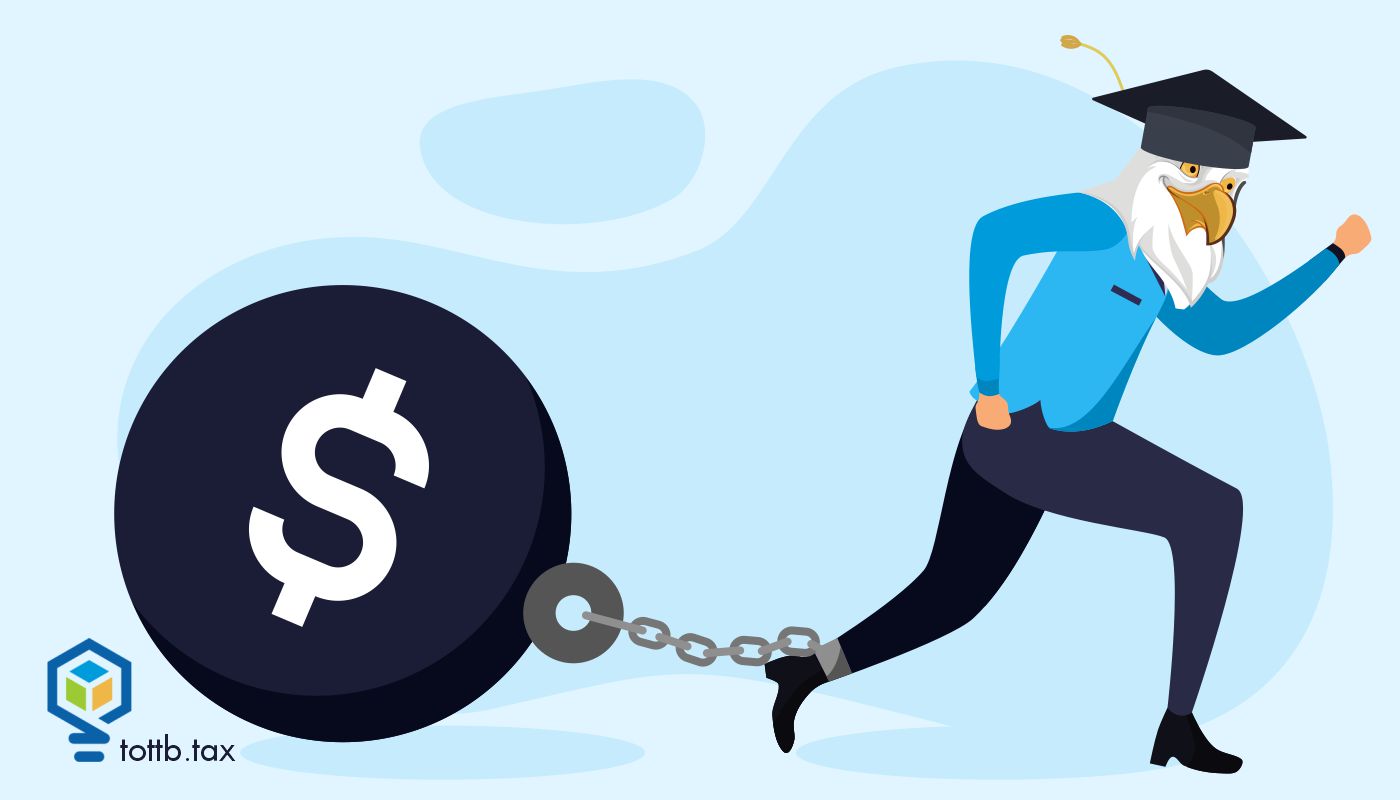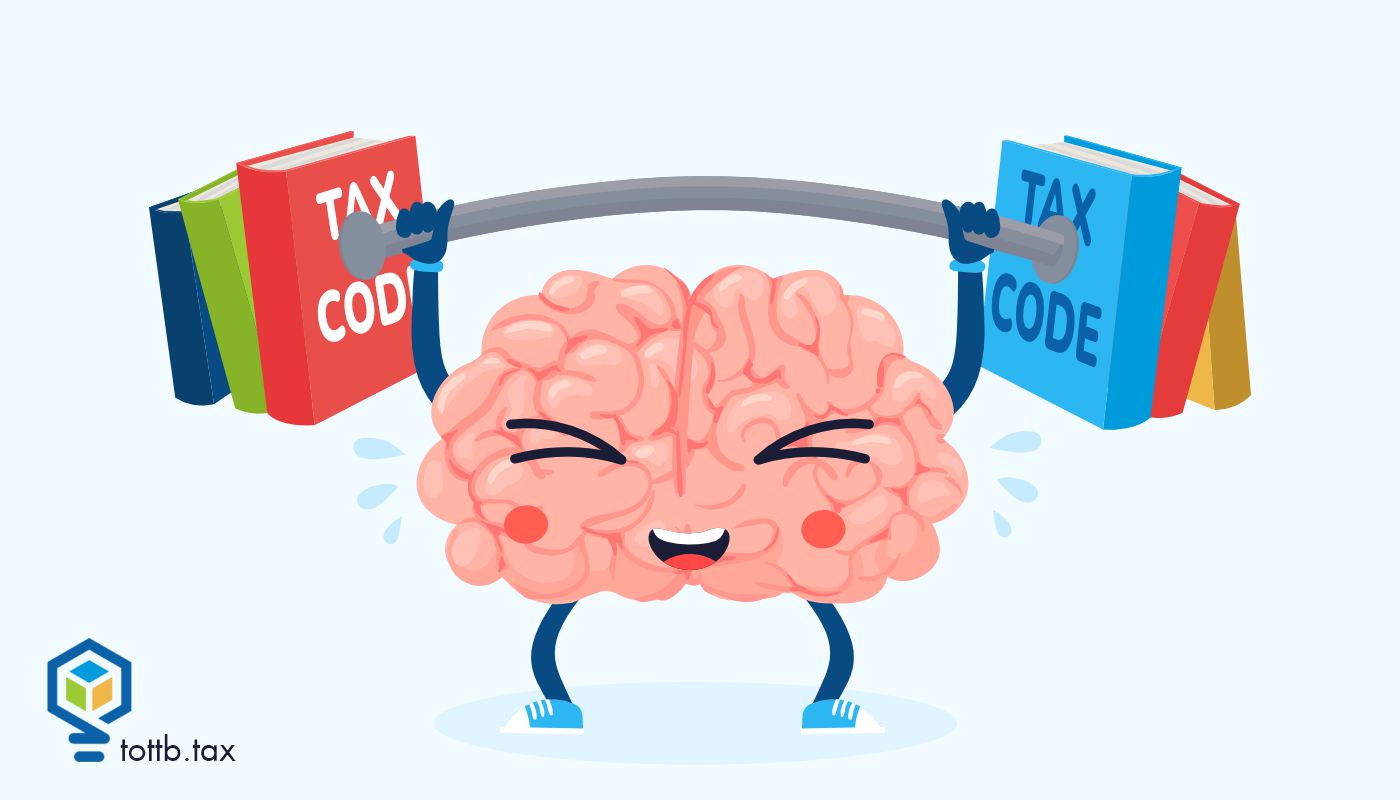CURRENT EDITION

The Benefits Your Military Veteran Clients Aren’t Using (And Why That’s a Planning Problem)
Why aren’t more veterans using the benefits they’ve earned? Part of the problem is awareness, and part of it is discomfort (for both veterans and advisors). After all, veteran benefits are rooted in service-connected health and trauma, placing them in a category that often feels more personal than financial. That alone can deter veterans from discussing their disability compensation and keep advisors from broaching the subject altogether. The result is financial plans that look optimized on paper but are built on incomplete assumptions and missed opportunities – opportunities that have been more than earned.
READ MOREStudent Loans After the OBBBA Part 1: New Rules Every Advisor Needs to Know
Big changes are coming to the student loan world (yet again), and they’re not the kind you can just skim past. The One Big Beautiful Bill Act (OBBBA) has reshaped how much students will be able to borrow, how they’ll repay it, and which programs will qualify for federal aid going forward. For financial and tax professionals, these shifts aren’t just policy updates. They’ll set the stage for how you’ll advise clients for years to come… and could even change the way you manage your own student loans. In Part 1 of our OBBBA student loan series, we break down the nuts and bolts of these new rules to help advisors (and borrowers) get some clarity on the collective question: “Seriously, what’s going on with student loans?”
Read MoreIRS And Courts Have Wisdom to Offer Startup Businesses
There is a wealth of business wisdom in a fairly unlikely area. All the businesses involved lost money, sometimes enormous sums. The source is the litigation and regulation around Code Section 183 of the Internal Revenue Code – Activities not engaged in for profit. In order to deduct those losses against other income, taxpayers need to convince the IRS or the court that they had an honest objective of making a profit. The determination of whether an activity is carried on for profit is made by reference to objective standards. Is it possible that following those standards might contribute to you being profitable? It’s worth thinking about.
Read MoreTAX COURT ROUNDUP – October 2025
There are new insights and old unresolved questions in this month's instalment. There's always the old and new.
Read More2025 Winter Education Series Event Calendar
Think Outside the Tax Box proudly presents the 2025 Winter Education Series! This October through December, we are bringing our loyal subscribers five webinars featuring some of the brightest minds in tax. Each high quality webinar is filled with engaging content, actionable insights for your clients, and they all come with continuing education credits for those who qualify. All of this is included in your regular subscription! Check out what we've got in store for you!
Read MoreIs It Time to Hire in Your Firm?
After my second busy season as a solo practitioner, I made a terrible mistake within my firm. I hired my first employee. As a matter of fact, I hired someone who also had tax and accounting experience. You may be thinking, “What? Hiring is the solution if you were feeling overwhelmed.” That is true, if you are assuming that I had the proper systems in place. The mistake I made was hiring an employee before I was ready. The money was there and ready. The work was there and ready. It only took a few weeks to realize that I didn’t have a capacity issue. I had a systems and processes issue. I am not suggesting that you should work yourself to full capacity, absolutely not. I am suggesting that before you attempt to pass along a task to someone else or put in place automation that you have a written-out process.
Read MoreYou Don’t Need a Bigger Stack — You Need a Better Portfolio
In every tax Facebook group or conference session, there's always that one pro excitedly talking about the latest app they've added to their "tech stack." But here's the dirty little secret: most of us aren't running integrated tech stacks. We're juggling a mix of disconnected tools that may or may not play nicely together. Let's stop pretending we're all building perfectly integrated ecosystems. What we really need is a tech portfolio—a curated collection of tools that serve our actual needs, reflect how we really work, and support the kind of client experience we want to deliver. A portfolio recognizes reality: tools don’t have to talk to each other perfectly. They just need to work for you. So let’s explore how to build a smart, efficient, and secure tech portfolio that helps you thrive whether you’re a solo professional or managing a growing team.
Read MoreTracking and Measuring Your Business Development Efforts: KPIs for CPAs
As CPAs, we were trained to work with precision, accuracy, and strategy in everything we do. However, business development has not been part of our standard training; therefore, many accounting professionals not only struggle with business development tactics but also shy away from tracking and measuring the impact of their efforts. But here's the truth: Just as we track and measure other financial data, it is essential to measure business development efforts in order to improve. You can unlock significant growth in your firm by understanding which key performance indicators (KPIs) to track, how you manage your practice, how you acquire new clients, and how to increase your revenue.
Read MoreAre There Tax Consequences of The GENIUS Act? It Depends!
The Guiding and Establishing National Innovation for U.S. Stablecoins Act became Law on July 18, 2025. It “establishes a regulatory framework for payment stablecoins,” which are defined in the legislation as “digital assets which an issuer must redeem for a fixed value.”
Read MoreNOT A MEMBER YET?

SUBSCRIBE TO GET ALL OF OUR
GREAT ARTICLES AND RESOURCES!
CURRENT EDITION

The Benefits Your Military Veteran Clients Aren’t Using (And Why That’s a Planning Problem)
Why aren’t more veterans using the benefits they’ve earned? Part of the problem is awareness, and part of it is discomfort (for both veterans and advisors). After all, veteran benefits are rooted in service-connected health and trauma, placing them in a category that often feels more personal than financial. That alone can deter veterans from discussing their disability compensation and keep advisors from broaching the subject altogether. The result is financial plans that look optimized on paper but are built on incomplete assumptions and missed opportunities – opportunities that have been more than earned.

Start the Year Right: Your WISP Doesn’t Have to Be a Tax Season Nightmare
The mere mention of a WISP makes most tax professionals want to suddenly lose their internet connection. It sounds bureaucratic, technical, and deeply unfun. But here’s the good news: creating and maintaining a WISP does not have to feel like a compliance root canal. And ignoring it can turn into something far worse than an IRS audit. Let’s talk about why you need one, what it’s actually supposed to do, and how to get it done without wrecking your sanity in the middle of filing season.

Fleeing High Tax States And The Stickiness Of Domicile
Part of preparing to leave a high state tax is facing up to the fact that the tax collectors of high-tax states can be kind of clingy. There is more to changing your residence for tax purposes than simple steps like a new driver’s license and a change in voter registration.








